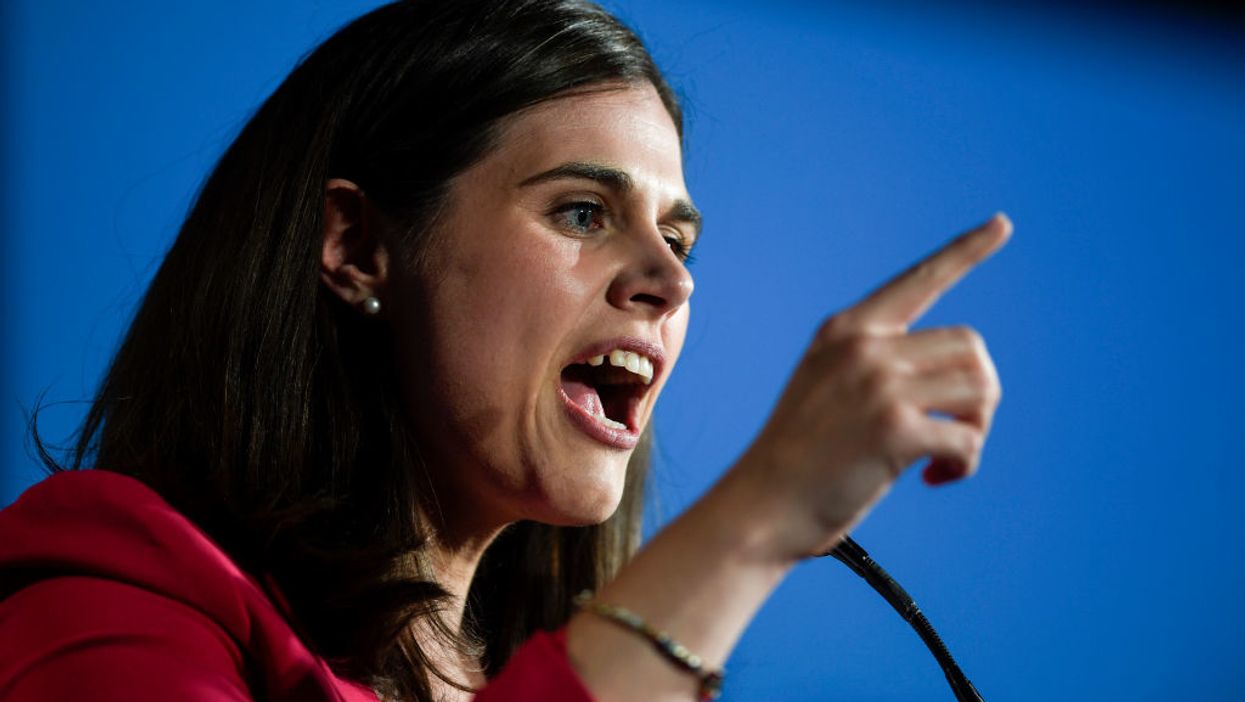Pity the Postal Service, maybe. Even when it tries to do something right these days, things seem to go awry. Especially when it comes to the election.
The latest case in point: Colorado sued the USPS over the weekend, arguing that postcards being sent to every household in the country — encouraging voters to return their mail-in ballots early so they are sure to arrive in time to be counted — includes incorrect and misleading information about the way elections are held in Colorado.
To make matters worse — as if things could get worse for the financially strapped and politically beleaguered post office these days — several other states are exploring whether to file similar lawsuits.
A federal judge immediately issued a temporary restraining order blocking the distribution of the postcards.
But, adding another dollop of disaster, postal officials say most of the postcards have already been mailed across Colorado. To stop the 200,000 that have been processed but not delivered would require more than 1,000 employees to spend hours manually extracting them from the mail. That process "would be extraordinarily difficult and perhaps impossible," postal officials say in a court filing.
This legal nightmare appears to have started innocently enough when the Postal Service — facing a deluge of mailed-in ballots in November because of the coronavirus pandemic — decided to send 137 million postcards across the country with the headline "If you plan to vote by mail plan ahead." The card suggests people request a ballot at least 15 days before Election Day and mail the ballot back to election offices by Oct. 27, seven days in advance.
The mailing includes a general disclaimer that election rules vary by state — but that was not enough for Colorado Secretary of State Jena Griswold, a Democrat.
The state is one of five that planned to conduct the election almost entirely through the mail even before the pandemic. (The others are Oregon, Washington, Utah and Hawaii.)
Four others — California, New Jersey, Nevada and Vermont, plus the District of Columbia — have decided on sending a mail-in ballot to every voter for this election only in order to reduce the electorate's exposure to Covid-19. Another nine states plan to send an application for a mail-in ballot to every voter.
During a House Oversight and Reform subcommittee hearing Monday on Postmaster General Louis DeJoy's conduct, Democrat Gerald Connolly of Virginia labeled the handling of the postcard a "debacle." He said it could have been avoided had the Postal Service listened to state officials who asked to review postcard before it was mailed out.
Griswold's lawsuit argues that the statement in the postcard about requesting a ballot is false for Colorado voters because everyone receives one without asking for it.
The statement about returning the ballot through the mail is also false, the suit maintains, because Colorado voters can drop their mail-in ballots at polling centers or in drop boxes and can vote in person if they choose.
Judge William Martinez of Denver ruled Saturday night that it was likely the lawsuit would prevail. In his order, he wrote that the mailing could "sow confusion amongst voters" and leave them wondering whether election laws had been changed.
Postal officials on Sunday immediately challenged Martinez' ruling, saying he erred by issuing it without even hearing their arguments.
Postal officials say the postcards were sent out for a "valid public purpose" and that the majority were delivered on Friday in Colorado.
Extracting those still in the process might slow down delivery of other important mail, postal officials argue in a legal filing.
Martinez gave postal officials until Monday afternoon to file a motion supporting their request that he reconsider his decision to issue the restraining order.




















